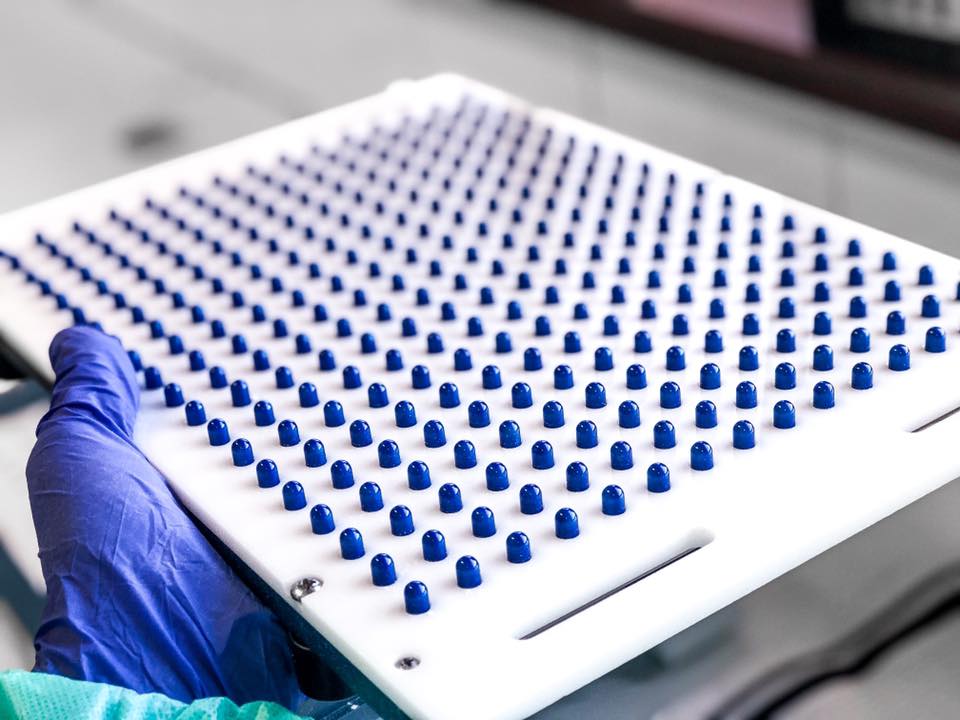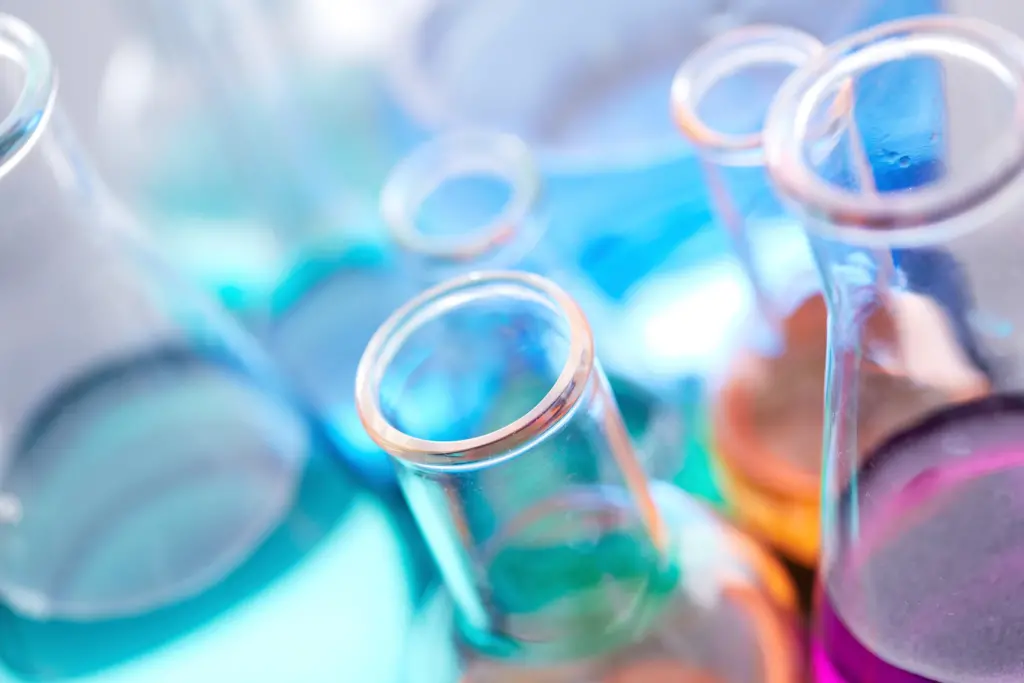Compounding was a common practice in the 19th Century where pharmacists would extract chemicals from ingredients like opium (which are made up of several chemicals) so they could be used to treat patients. With the larger demand for medication, the mass production of medicines was established and the need for compounding pharmacists declined.
Fast forward to the 21st century and now 1% of medicines are compounded worldwide. Unfortunately, mass produced medicines aren’t always helpful which is why compounding is the number one option for individualised medications. These days, compounding is more commonly used to omit ingredients that a patient may be allergic to, change the form or taste of the medicine for better compliance or to supply a medication that is discontinued or hard to find. Compounding pharmacists can compound medications for any member of the family – this includes pets!
When it comes to choosing a compounding pharmacy, you will need to know the right questions to ask to make sure that your medication is safe, clean and calculated for the right dosage. We have prepared some questions that we believe are the most important and what answers you should expect.
1. Do you source your ingredients from TGA approved facilities?
This question is the most important question you should ask.
So firstly, what is TGA?
“The Therapeutic Goods Administration (TGA) is Australia’s regulatory authority for therapeutic goods. We carry out a range of assessment and monitoring activities to ensure therapeutic goods available in Australia are of an acceptable standard with the aim of ensuring that the Australian community has access, within a reasonable time, to therapeutic advances.” https://www.tga.gov.au/about-tga
Some pharmacies may not purchase their items from reputable TGA approved facilities.
When ingredients are not purchased from TGA approved facilities, Your medication is at risk of being contaminated, may not be a pure ingredient or may not have the correct potency. Sometimes, you may even find that your strength of medication may fluctuate every time you see your doctor – this may be an indication of inconsistencies in the ingredients. Keep in mind though, sometimes it does take a while for your doctor to be able to balance your medication to your needs.
Every raw material should come with a Certificate of Analysis (CoA) outlining the values of the material. You CAN request this information from your compounding pharmacy.
2. Do you regularly test your completed compounds for potency?
This is really important as independent testing ensures quality assurance on the final product produced.
For example: If a powder is not mixed accurately, or the technician fills a capsule incorrectly, then a potency test would help to identify where errors are being made (errors would give an inconsistent dose for the patient).
3. Do you have a separate designated lab for compounding?
The answer for this should be YES! If medication is not prepared in a separate laboratory, it may be easily contaminated which will affect the quality and integrity of the final product. In Australia, compounding pharmacies are not as heavily regulated, so some pharmacies may end up compounding your medication over the kitchen sink.

4. What kind of training do your pharmacist and technicians have and how long have you been compounding for?
Pharmacist and technicians should be trained and assessed on their work and procedures regularly. If the compounding pharmacy follows the USP American standards (like us) they will have a full record of every staff members training. Pharmacists can expand and keep up to date with new techniques, formulas and knowledge by attending annual seminars and conferences.
5. Do you have standard operating procedures implemented and how do you ensure the quality of your products?
Every compounding pharmacy must follow strict Standard Operating Procedures (SOPs) and have them recorded. These procedures cover everything from cleaning, customer complaints, training, procedures in the laboratory and chemical recording. To see the full list of SOPs, see our website section on Quality Assurance.
6. What kind of equipment do you use for compounding? ie, How do you mix your powders and creams?
Not all pharmacies have state of the art equipment like us, that’s why it’s important that you ask how your medications are prepared.
For instance, we use a machine called Resonant Acoustic Mixer (we call it RAM for short) to homogenously mix powders for capsules. We also use the Mazerustar (Maz for short) to mix creams as it deaerates creams in our pumps to deliver a more accurate pump. Compounds can be mixed by hand, but techniques differ from person to person which leaves room for human error.

7. What recording procedures do you have in place?
Compounding pharmacies should be able to track batch numbers and lot numbers in case of a recall – these should be linked to patients so that they can be contacted. All procedures and data should be recorded.
8. Is your equipment regularly calibrated and tested for accuracy?
Accuracy is extremely important when compounding a medication. If a scale is not able to weigh a powder correctly, then the right dose may not be achieved. Equipment should be calibrated and serviced regularly, with proof of servicing and calibration history. All scales should have a 3 decimal place (0.000).
Well there you have it, eight of the most important questions to ask your compounding pharmacy. Every compounding pharmacy should be able to answer all of these questions without hesitation. If they can’t answer these questions, would you still be comfortable using them to prepare your medication?

